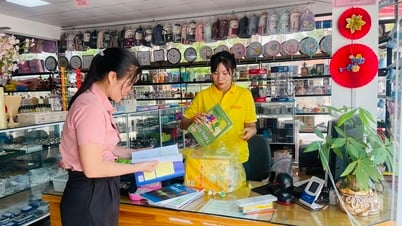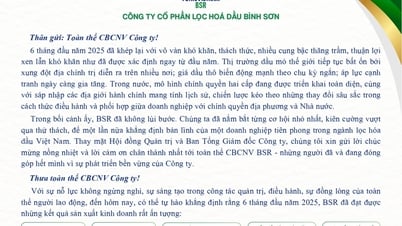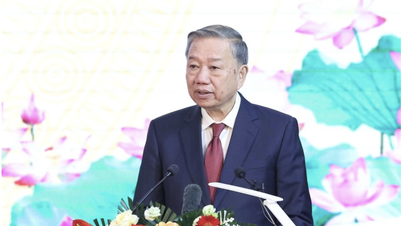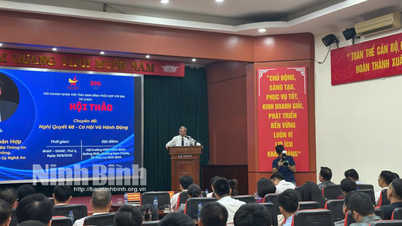If users are not careful when booking airline tickets, hotels, and tours online, they may be scammed, lose money, and not be able to buy tickets or use the service.
Recent data released by the Global Anti-Fraud Coalition in 2023 shows that Vietnamese people lost nearly $16 billion to online fraud, out of a global total of $53 billion. The high rate of smartphone penetration has created a favorable environment for new online fraud activities to emerge. Travel services are among the most popular digital resources accessed by people, from searching for information to booking travel services online. These factors have led to the rise of digital fraud.
Booking flights, hotels or tours has become easier as customers can book tickets through websites or mobile applications. Therefore, easy access has empowered many individuals, promoting positive tourism outcomes, although fraudulent activities continue to increase. During peak periods such as holidays or tourist seasons, when demand for flights and hotels is high, it creates opportunities for scammers to take advantage and commit fraud against unsuspecting victims.
Although not a new scam, the "psychological manipulation" tricks of the subjects are increasingly sophisticated, causing many victims to fall into the trap. Taking advantage of the gullible psychology of customers, scammers post advertisements on social networks or send them to email addresses about promotional fares, cheap fares, and collaborator programs with attractive discounts. The subjects thoroughly take advantage of the anonymous feature to announce rewards for using services without paying fees, or impersonate employees of airline ticket and hotel providers to introduce attractive promotional programs. There are even cases of fake brand names and addresses, making customers trust and ignore the differences.
After consulting about the service, these subjects require customers to transfer money to their personal bank accounts to hold a seat. For some low-value tickets, these subjects will initially confirm the ticket for customers to create trust. Gradually, when the customer's deposit becomes higher, these subjects will cut off contact and cannot be contacted anymore.

Fraudsters use many sophisticated scams to trap users.
With scams on the rise, consumers need to be cautious when encountering people who ask for personal information, including passwords, or offer tours, flights, or hotel reservations at unusually low prices. In these cases, always check with official accounts or contact them directly to ensure legitimacy and avoid providing personal information to unknown parties you do not know.
Due to the increasing number of scams, Traveloka, Southeast Asia's leading travel platform, advises customers to be cautious when encountering people who ask for personal information. In such cases, always check with Traveloka's official account or contact us directly to ensure legitimacy. Please do not provide personal information to any unknown parties.
To minimize the chance of fraud and personal property appropriation, customers should only book air tickets, hotels or entertainment tickets, tours and make payment transactions on the official websites and official applications of travel agencies. An important point to note is that legitimate travel companies or agents never ask customers to provide one-time passwords or OTPs, or ask them to click on links to provide personal information or account details. Therefore, customers should not provide information via phone, email or text messages to strange accounts, unofficial channels/accounts of the company, even with people claiming to be employees of the company.

Fraudsters impersonate employees of travel agencies to commit fraud in many sophisticated ways. Screenshot
Another common scam involves advertising visa services abroad, guaranteeing a high success rate and promising a full refund if the visa application is unsuccessful. Creating fake websites impersonating reputable travel agencies and companies is also a known tactic to create fake receipts and invoices, convincing victims to transfer money for travel expenses. After payment, the perpetrator may withhold information, refuse to refund the victim’s money, or disappear altogether.
Travelers should take the initiative to protect themselves from online scams. It is important to be cautious and vigilant, especially when it comes to attractive advertisements that promise surprisingly low prices or deep discounts. This will not only reduce the risk of falling victim to scams, but also improve digital literacy in today’s highly connected world .
(According to 24h, March 14, 2024)
Source




![[Photo] National Assembly Chairman visits Vi Thuy Commune Public Administration Service Center](https://vphoto.vietnam.vn/thumb/1200x675/vietnam/resource/IMAGE/2025/7/1/d170a5e8cb374ebcae8bf6f7047372b9)




















![[Photo] Standing member of the Secretariat Tran Cam Tu chaired a meeting with Party committees, offices, Party committees, agencies and Central organizations.](https://vphoto.vietnam.vn/thumb/1200x675/vietnam/resource/IMAGE/2025/7/1/b8922706fa384bbdadd4513b68879951)




































































Comment (0)